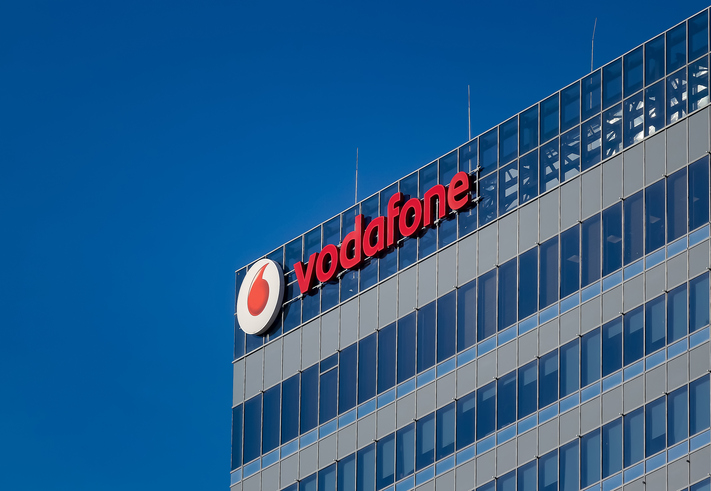Vodafone stays strong despite debt and Covid-19
Cash-generating behemoth makes slow improvement despite financial pressures.
3rd February 2021 11:27
by Richard Hunter from interactive investor
Cash-generating behemoth makes slow improvement despite financial pressures.

Any improvements in a company of mobile phone company Vodafone (LSE:VOD)’s size are likely to be incremental, and its Q3 figures build on the progress being made.
Less positively, total revenues are down by 4.7% year-on-year, with the pandemic’s effect on roaming and visitor revenues an obvious drag, and with the company previously reporting lower handset sales.
Meanwhile net debt remains high, with the potential of 5G auctions to come providing another strain on resources. Elsewhere, a sector which relies heavily on price competition alone in many cases will continue to be a factor.
However, the debt situation should be improved by proceeds resulting from the imminent planned flotation of its Vantage Towers business.
Europe remains the major market for Vodafone following strategic disposals elsewhere and accounts for 77% of total revenues. Within this number, the purchase of Liberty Global’s German assets has resulted in Germany providing 30% of total revenues, and the picture is promising.
- BT and Vodafone shares: the outlook for 2021
- UK share tips, Moonpig’s debut and Novacyt’s rally
- Are you saving enough for retirement? Our calculator can help you find out
Service revenues rose 1% in the quarter, with the ‘quadruple play’ offering of bundled landline, broadband, mobile and TV showing further growth, with 1.6 million accounts now in place.
Meanwhile, the unlimited mobile data packages offer which Vodafone has introduced has also been well received, with 10 million customers now using the service. Geographically, iPhone sales have been helpful to the UK effort, while there has also been strong growth in the relatively fringe markets of Turkey, South Africa and Egypt.
Despite the challenges, Vodafone remains a cash-generating behemoth, with its multi-million customer base making a powerful cumulative contribution to income. Overall service revenue growth swung into positive territory for the quarter, up 0.4% as compared to a decline of 0.4% in the second quarter.
Earnings guidance for the year has also been reiterated at €14.4 to €14.6 billion, with €5 billion of free cash flow. As such, the dividend remains a key attraction and is comfortably affordable. The current yield of 6.2% is punchy and unusual in its size, given the dividend restrictions which have been seen elsewhere.
In terms of market consensus, the shares remain a strong ‘buy’ despite the danger of becoming a perennial ‘jam tomorrow’ stock.
A share price decline of 42% over the last five years and of 15% over the last year, as compared to a drop of 11% for the wider FTSE 100, reflects the amount of ground which the company needs to recover in order for the general view to continue to be justified.
These articles are provided for information purposes only. Occasionally, an opinion about whether to buy or sell a specific investment may be provided by third parties. The content is not intended to be a personal recommendation to buy or sell any financial instrument or product, or to adopt any investment strategy as it is not provided based on an assessment of your investing knowledge and experience, your financial situation or your investment objectives. The value of your investments, and the income derived from them, may go down as well as up. You may not get back all the money that you invest. The investments referred to in this article may not be suitable for all investors, and if in doubt, an investor should seek advice from a qualified investment adviser.
Full performance can be found on the company or index summary page on the interactive investor website. Simply click on the company's or index name highlighted in the article.